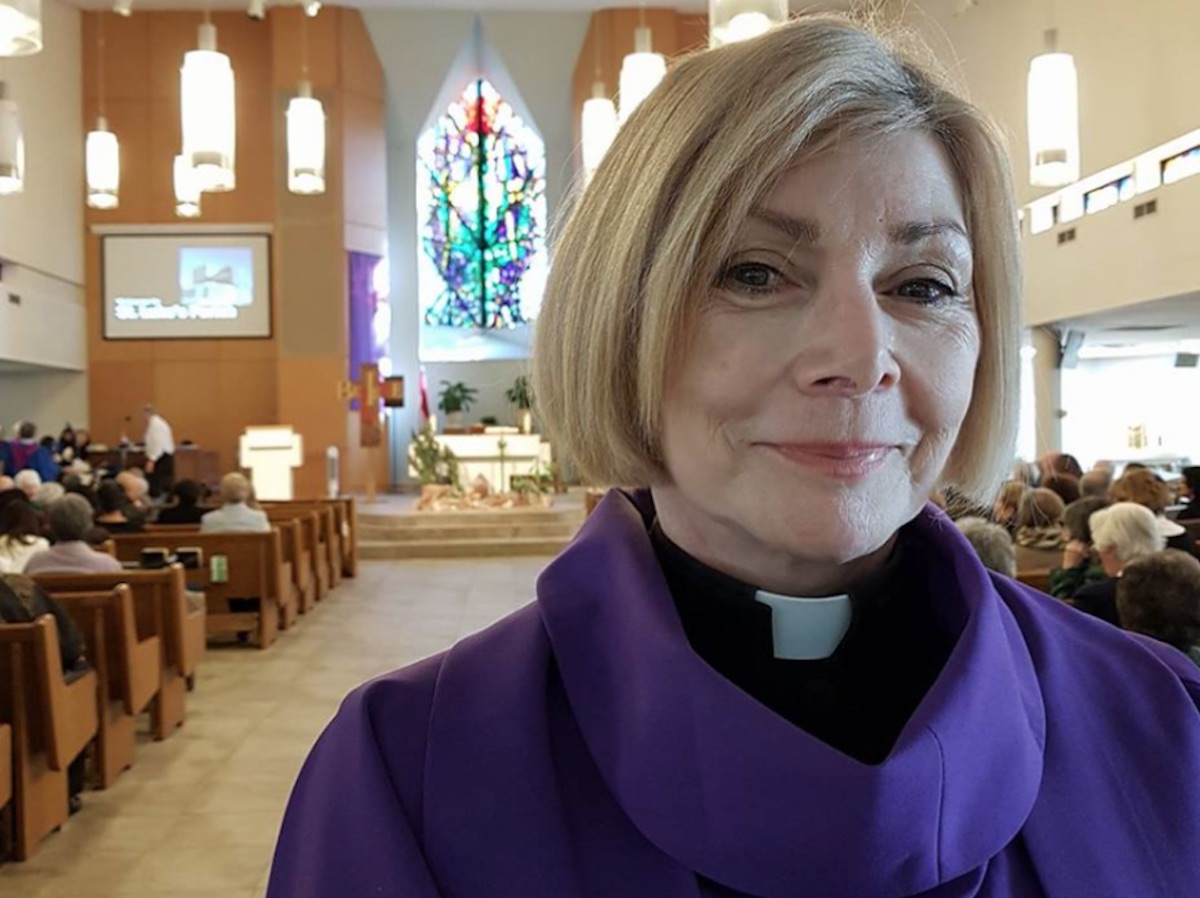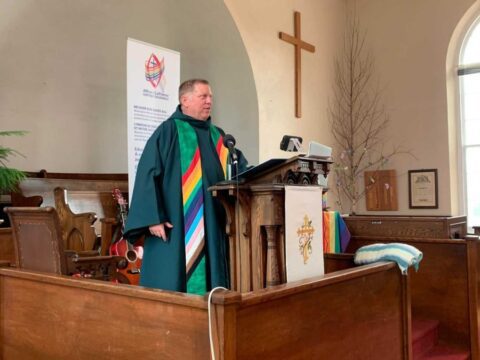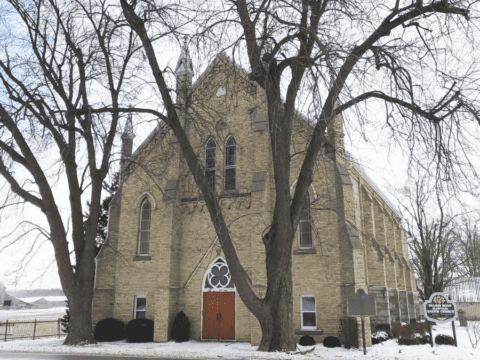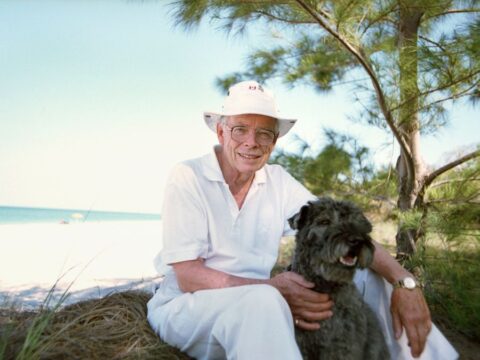Rev. Cheri DiNovo is still waiting for an apology. In September 2001, she made history when she performed the marriage ceremony of Paula Barrero and Blanca Mejias at Emmanuel-Howard Park United Church (now Roncesvalles United Church) in Toronto.
A few months later, theirs became the first legalized same-sex marriage in Canada (if not North America), when the Office of the Registrar General approved the women’s union – a year and a half before same-sex marriage was legalized in Ontario. They had avoided seeking a licence from City Hall by using the Christian tradition of banns (reading out the marriage notice for three Sundays in a row).
You may unsubscribe from any of our newsletters at any time.

But this work-around was not without consequence. In August 2002, DiNovo and the United Church’s Toronto Conference, received a letter from Ontario’s Deputy Registrar General threatening to revoke her licence to perform marriages. According to the province, she had contravened the Marriage Act by officiating Barrero and Mejias’s nuptials.
DiNovo says she even faxed that letter to Rev. David Allen, Executive Secretary at Toronto Conference, to make sure he’d see it. There was also plenty of media coverage – even attacks from the Westboro Baptist Church. “It was a time of real anxiety for our congregation and for me,” she recalls.
Thankfully, in June 2003, same-sex marriage was legalized in Ontario, and the whole thing went away.
What didn’t go away was DiNovo’s disappointment in the silence of the United Church of Canada during the ordeal. This past April, she held a press conference, asking the Ontario government and the church for an apology. While she got one from the province, the United Church claims it has no record of a request to intervene on her behalf in terms of the government’s threat to remove her licence.
While she waits, she answered The Observer’s questions about the situation.
Why are you asking for this apology from the United Church of Canada now?
I was elected in 2006 to Queen’s Park. It would have seemed very partisan, and weird, if I had asked for an apology while still a sitting member of the government. I have been in touch with the United Church over the last few months asking for an apology, and quite frankly have just been met with denial that anybody even knew what happened.
What has the church’s response been?
I was told, “go through Iridesce, go through Affirm.” [Iridesce is the church’s project of collecting people’s stories from the 1988 decision to ordain openly gay and lesbian ministers. Affirm United is a justice organization working toward full inclusion of everyone in the church and society, no matter what their sexual orientation.]
I appreciate and uphold the work that they’re doing; it’s excellent work. I’ve let Affirm know and Iridesce knows about this, but it’s not their issue. Neither do I need an apology from the entire United Church of Canada. What I’m looking for is an apology from the folks who were there then, or on behalf of them, by the current General Council executive. Just a letter affirming that this actually happened.

What does the church say about Paula and Blanca’s marriage?
We not only do not celebrate it, and we should, because we in the United Church performed the first legalized same-sex marriage, probably in North America, but certainly in Canada, but we don’t highlight it. We don’t mention it. We don’t even acknowledge it. That is deeply troubling and hurtful.
This is 2018, it’s 30 years since we’ve ordained openly gay and lesbian folk, which is why I and my family entered the church. It’s about time we lived up to what we said we were back then, and that is welcoming to LGBTQ people, by acknowledging this historic moment.
What was going through your mind when Paula and Blanca asked you to officiate their marriage?
We were always a queer-positive congregation — that was our reputation already. That’s why they came in. And of course, we were delighted to be able to officiate, and hoped, really hoped when we sent [the paperwork] in that [the government] would vet it. And we knew that if they did, it would be by mistake. Although we don’t consider it a mistake, we consider it the work of the Holy Spirit.
What do you plan to do now?
I’m not going to give up. They’ve tussled with the wrong chick here. I want a personal apology, because this was personal, this could have affected my livelihood, and I think I deserve it. I’m not, as Jesus would say, going to hide my light under a bushel basket, and I’m not going to be denied.
This interview has been edited and condensed.














